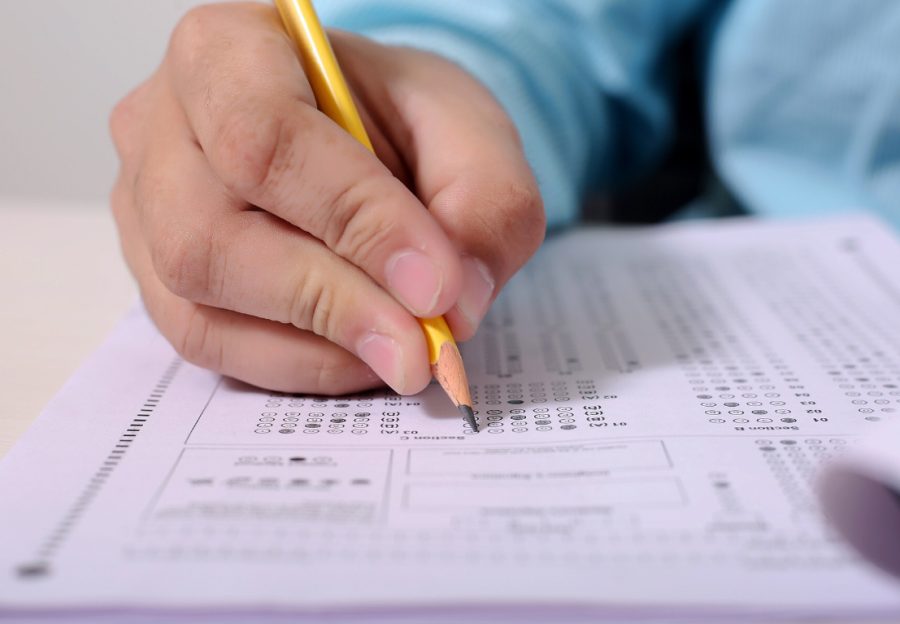SAT Exam To Go Fully Digital By 2024
What does this mean to the future of college admissions?
February 11, 2022
In January 2022, College Board announced that the SAT — the standardized test widely used for college admissions since 1926 — will be administered fully digitally by 2024. In addition to the platform change, the new test will shortened from 3 hours down to 2, providing more time per question. More student-friendly changes include: shorter reading passages, a wider range of topics within passages, and the usage of calculators on the entire math section. Students will receive their scores back in days rather than weeks, and the score report will now link students to information and resources about potential career options and workforce training programs.
In November, College Board launched a global pilot of the new digital SAT, and most, if not all, students who participated found the new version less stressful than the traditional paper-and-pencil exam. Students found it easier to concentrate on passages and overall experienced less stress due to the minimized duration.
With more than 80% of American colleges becoming test-optional, we are finally recognizing the inherent flaws of standardized testing and the issues at hand.
A major problem with college entrance exams such as the SAT and ACT is that they disproportionately favors wealthy students. They have the resources to take expensive test-prep courses and resit multiple exams, while their poorer peers cannot afford such a luxury. This issue additionally highlights how standardized testing does not actually measure students’ intellectual capabilities — but rather how well they know the ins and outs of that specific test.
As the test-optional movement in American colleges progresses, it might be safe to say that college entrance exams will be eliminated from the admissions process altogether in 20 or so years. Of course, a good score might boost an application marginally, but it has been proven time and time again that standardized testing is an invalid and unfair tool to assess college readiness.











